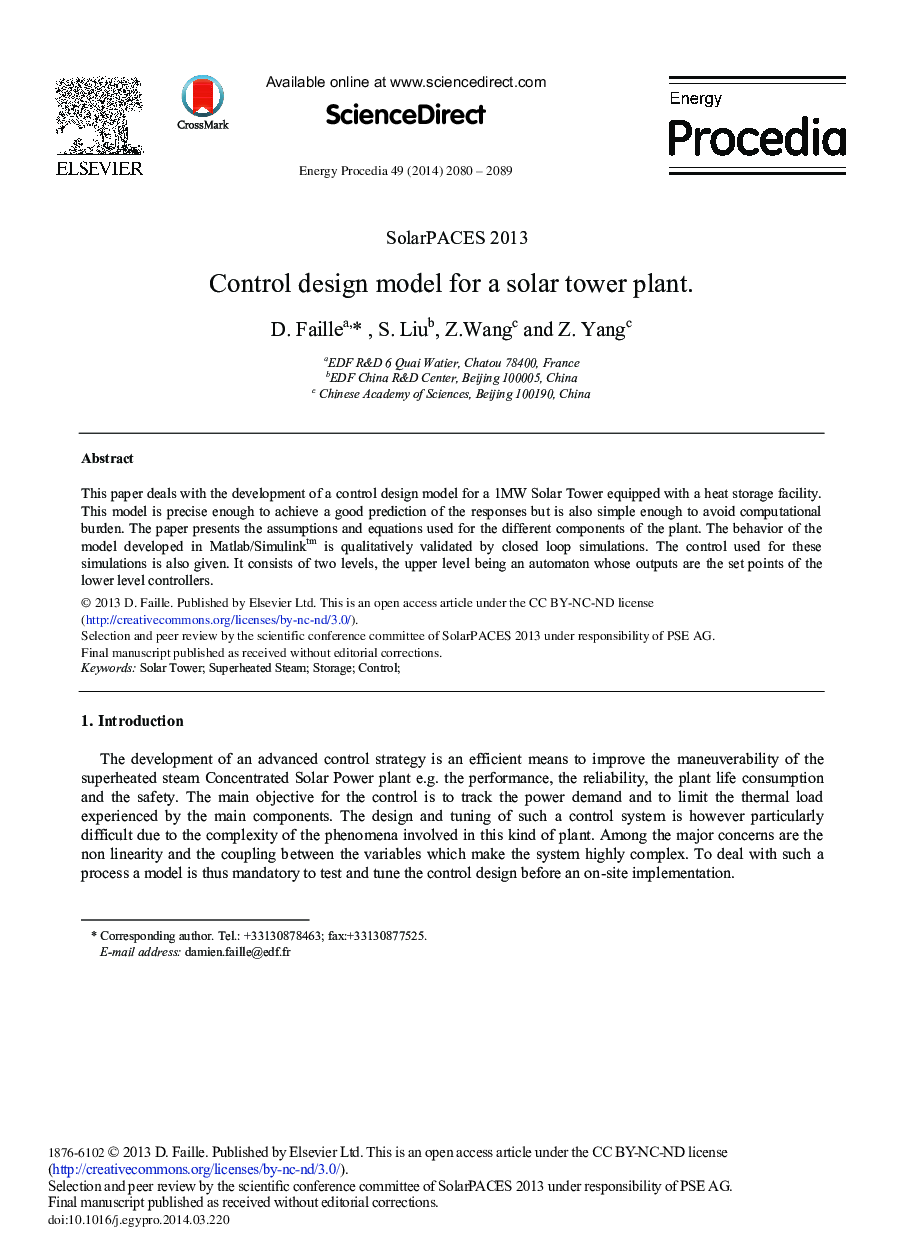| Article ID | Journal | Published Year | Pages | File Type |
|---|---|---|---|---|
| 7473091 | International Journal of Disaster Risk Reduction | 2015 | 10 Pages |
Abstract
This paper reports on a study that explored, described and sought to understand the social effects of flood events on children's lives. The study had a particular emphasis on eliciting the ideas and perspectives held by the children themselves. The research was undertaken in a community living along the Bengawan Solo River in Central Java, Indonesia where flooding was a frequent and sometimes devastating occurrence. A pragmatic, constructivist social science approach informed mixed methods data collection and thematic analysis. This paper reports specifically on the influence of culture that emerged as part of the overall findings. Four influential cultural elements are identified and presented here: the cultural practise of gotong royong (or 'mutual help'), the role of local government, the influence of religion, and the social position of children in the Indo-Javanese culture. Children's priorities and actions undertaken during the flood event were found to reflect their cultural context and the constraints these conditions place on their lives. Gotong royong, the local government structure and religion were found to lower children's vulnerability and increase their resiliency. Cultural practises and values promoted the inclusion of children in the disaster response and enabled them to act within their capabilities.
Related Topics
Physical Sciences and Engineering
Earth and Planetary Sciences
Geophysics
Authors
Heather Taylor, Robin Peace,
